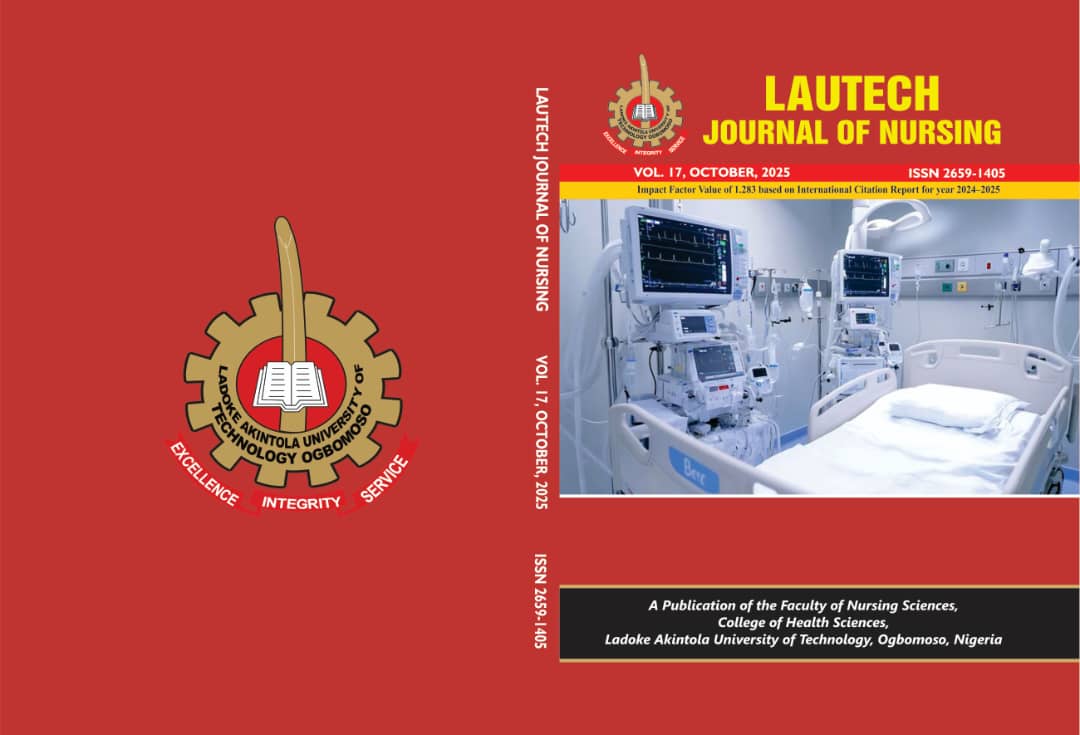Interpersonal relationship stress is a significant occupational stressor that negatively affects the job performance of nurse educators. This study investigated the impact of psycho-education intervention on reducing interpersonal relationship stress among nurse educators in Plateau State, Nigeria. A quasi-experimental pre test-post test design was adopted. Thirty-four nurse educators from seven public nursing institutions were randomly assigned into experimental (17) and control (17) groups. Data were collected using the Nurse Educators Occupational Stress Scale (NEOSS, reliability = 0.83) before and after a six-week psycho-education intervention. Baseline findings revealed high stress levels in the experimental group (mean = 26.88) and high stress levels in the control group (mean = 29.00). After the intervention, the experimental group’s stress level significantly decreased to a low level (mean = 13.59), while the control group remained at a moderate level (mean = 26.18). Gender analysis showed no significant difference in pre- or post-test scores between male and female participants, indicating that gender does not influence interpersonal relationship stress levels among nurse educators. Statistical analysis confirmed a significant difference in post-test stress levels between the experimental and control groups, F(1, 31) = 68.71, P<0.05, with the intervention accounting for 71.3% of the variance. The study concludes that psycho-education is an effective tool for reducing interpersonal stress among nurse educators. It recommends that nursing institutions conduct regular workshops and seminars on psycho-education to support educators, and encourages active participation by nurse educators to improve interpersonal relationships and overall job performance
- ONYEJEKWE | GRACE | I. | graceambrose255@yahoo.com | 08030730377, DANIEL | GRACE | O. | gracemola2002@yahoo.co.uk | 08036285950, ERIC | ISAAC | S. | shockericson13@yahoo.com | 07033633598
- Nurse Educators; Occupational stress; Psycho-education Intervention; InterpersonalRelationshipStress
- EFFECTS OF PSYCHO EDUCATION INTERVENTION ON INTERPERSONAL RELATIONSHIP


